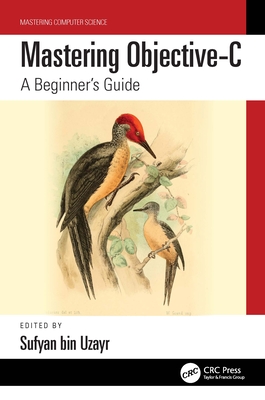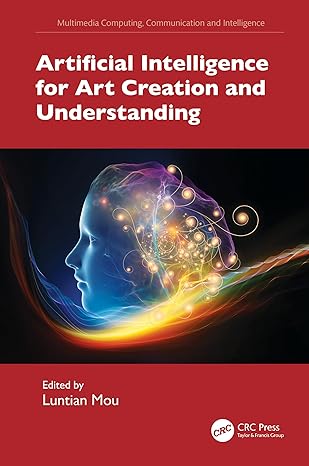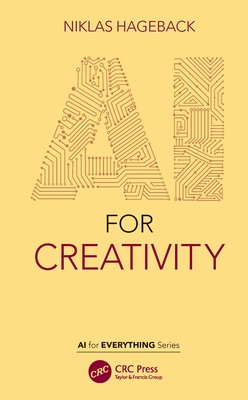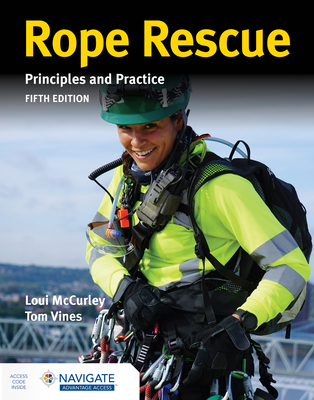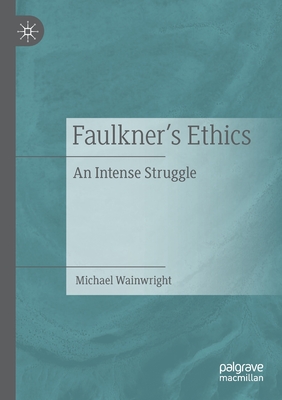
Faulkner’s Ethics
福克纳的伦理学:激烈的斗争
文学理论
¥
1427.5
售 价:
¥
1142.00
优惠
平台大促 低至8折优惠
发货周期:国外库房发货,通常付款后3-5周到货!
出 版 社
出版时间
2022年05月29日
装 帧
平装
页 码
319
开 本
8.27 x 5.83 x 0.69
语 种
英文
综合评分
暂无评分
- 图书详情
- 目次
- 买家须知
- 书评(0)
- 权威书评(0)
图书简介
This book offers the first comprehensive investigation of ethics in the canon of William Faulkner. As the fundamental framework for its analysis of Faulkner’s fiction, this study draws on The Methods of Ethics, the magnum opus of the utilitarian philosopher Henry Sidgwick. While Faulkner’s Ethics does not claim that Faulkner read Sidgwick’s work, this book traces Faulkner’s moral sensitivity. It argues that Faulkner’s language is a moral medium that captures the ways in which people negotiate the ethical demands that life places on them. Tracing the contours of this evolving medium across six of the author’s major novels, it explores the basic precepts set out in The Methods of Ethics with the application of more recent contributions to moral philosophy, especially those of Jacques Derrida and Derek Parfit.
本书暂无推荐
本书暂无推荐

